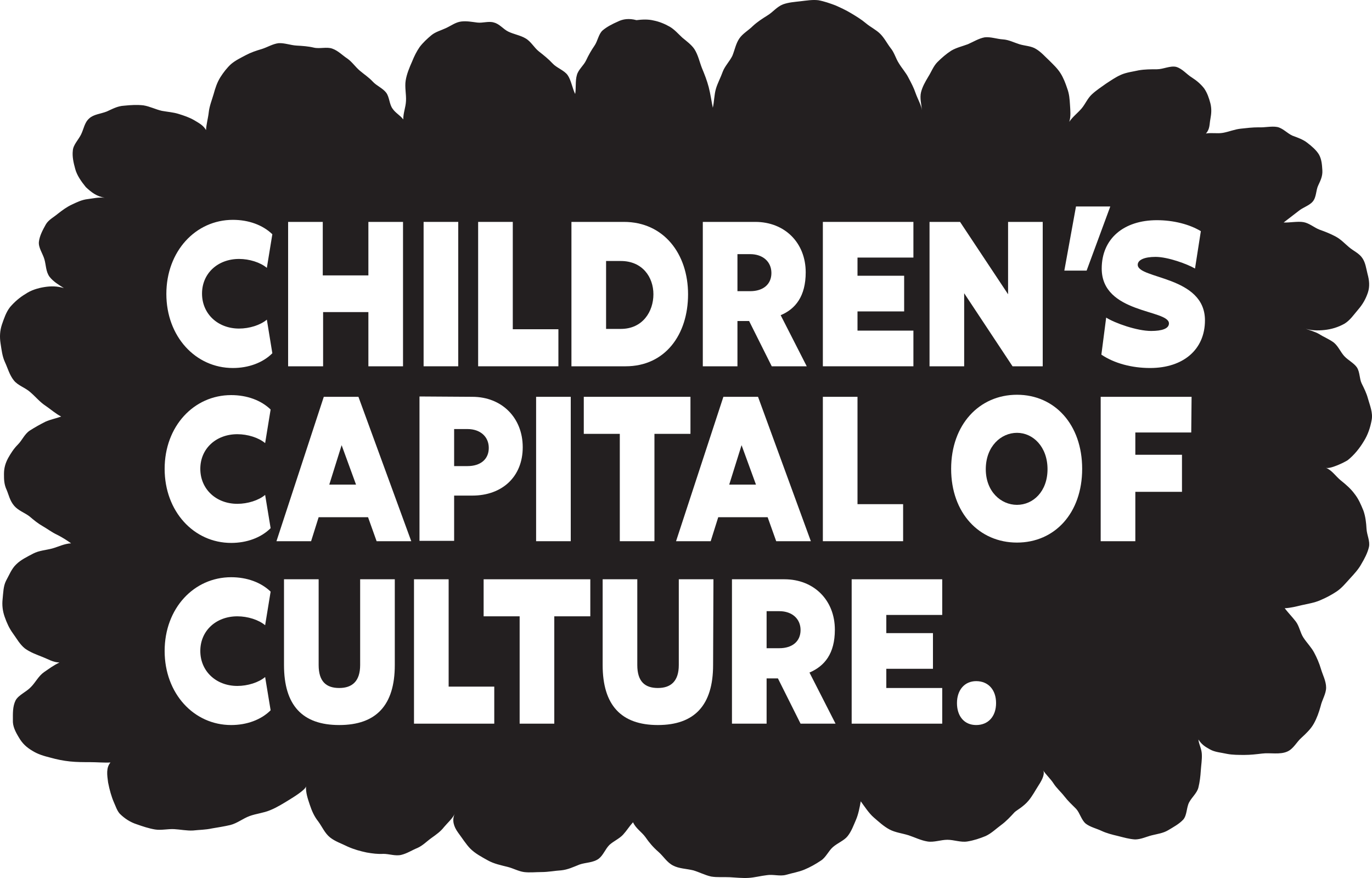Commitment to the Social Model of Disability
No matter what the access needs of the trainees, we are committed to empowering disabled young people by structuring these new roles within the Social Model framework.
The Social Model of disability was developed by disabled people to create a more inclusive, equitable and anti-ableist society. It seeks to remove societal barriers for disabled people, as opposed to the medical model which often leads to the perception that disabled people are inherently limited due to their impairments.
For example, within the medical model a wheelchair user is unable to access second floor office space as they cannot use the stairs. Whereas in the social model the wheelchair user cannot access second floor office space as the building does not have a lift.
There are various solutions within the social model such as installing a lift, relocating the office space to the ground floor or implementing hybrid working arrangements.
This model highlights how physical barriers (like inaccessible buildings or transportation), attitudinal barriers (like prejudice and discrimination), and organizational barriers (like inflexible policies) contribute to disability.
The social model advocates for removing these societal barriers, allowing disabled people to participate fully.
As part of the recruitment process, we will get to know the access needs of the trainees and support host organisations to implement the relevant infrastructure to enable the young person to work. This support could come in the following forms:
- Consultation with disability specialists to give advice with reasonable adjustments, contracting, access audits and riders, signposting to specific organisations and services that can offer additional support, and support with language for external and internal communication.
- Covering initial access costs and supporting the trainee to apply for Access To Work for further funding and equipment.
- Creative and work-based mentor support for trainees provided by the CCoC Skills Mentor team
- Pastoral support for hosts and trainees.
If you think your organisation could be in a position to create a fantastic new role for a disabled young person, we would like to hear from you!
